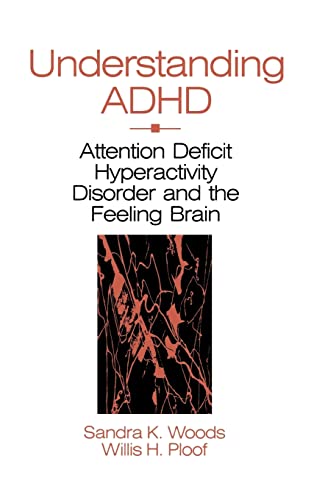Understanding ADHD
no information available
Science needs more books like this one.... It presents a synthesis of so many areas of science, that the capable students should be left with many challenges open to empirical investigation....This book is such a brave attempt at synthesizing many aspects of ADHD that it is churlish to focus on specific criticisms. Read the book, recommend it to your colleagues and graduate students and relish the discussion it engenders' - Journal of Biosocial Science What is the significance of attaching meaning to events, people, ideas and objects by associating them with pain or pleasure? This question lies at the heart of this exploration into the biobehavioural underpinnings of Attention Deficit Hyperactivity Disorder (ADHD). Integrating research findings from neuroscience with insights from clinical practice, the authors present their model, at the centre of which is the observation that those afflicted with ADHD appear to have considerable difficulty imprinting the feeling component of experience. Following a discussion of neurobehavioural processes and the relevance of temperament to ADHD, the authors overview literature in the field and provide information on childhood symptomology, prevalence rates, persistence of symptoms into adulthood and medications. The book continues by further exploring the authors' model, with a focus on brain reward and punishment mechanisms, and concludes with a section on treatment. ... Read more Read less











